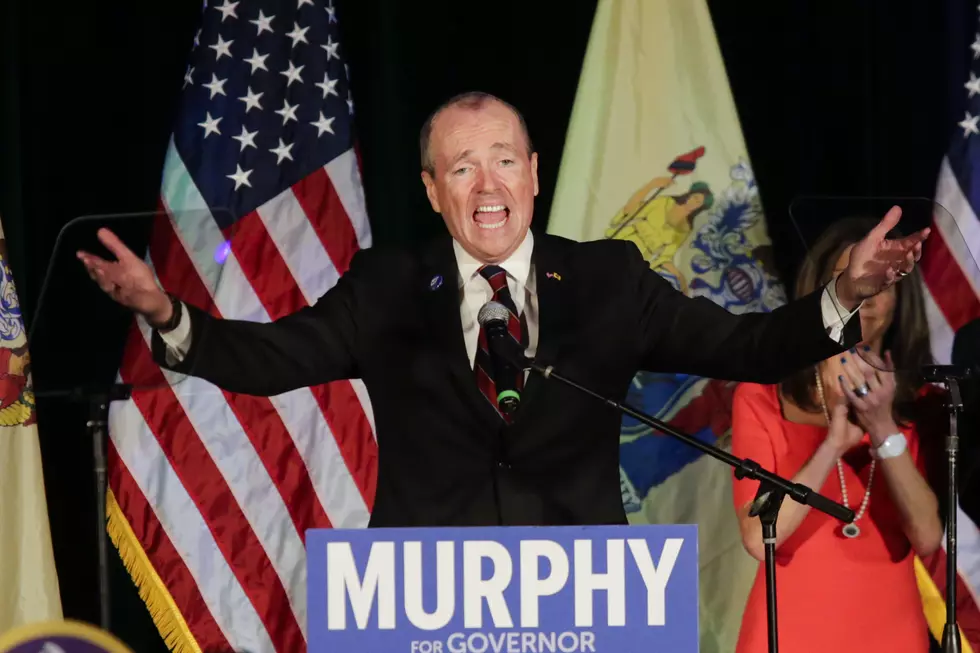![Wealth gap widening in NJ [AUDIO]](http://townsquare.media/site/385/files/2014/02/RS2395_122486570.jpg?w=980&q=75)
Wealth gap widening in NJ [AUDIO]
The wealth gap continues to grow across the country, and in New Jersey.
Economic statistics show that incomes for the top 1 percent of U.S. households soared 31 percent from 2009 though 2012, after adjusting for inflation, yet inched up an average of 0.4 percent for those making less.
There are several factors for the widening wealth gap according to James Hughes, dean of the Edward J. Bloustein School of Planning and Public Policy at Rutgers University.
"For one, it's the widening gap of compensation between CEO's and the rest of the workers, and also we are not creating those middle-skilled, middle-income jobs. High-tech has, in a sense, substituted technology for labor, which is diminishing middle-class, lower-skilled jobs, but it also allows work to be done anywhere on the planet," Hughes said.
As more wealth goes to the rich, it translates into less spending in the overall economy, and that is having an impact on New Jersey's retail industry.
"High-end stores are doing well and dollar stores are doing well, but the broad retail sector, they're relatively stagnant or growing very slowly. Stagnant incomes really have a negative effect," Hughes said.
And while the rest of the nation is dealing with this trend, it is especially troubling in New Jersey due to the state's high housing costs and levels of taxation according to Hughes.
Politicians are even taking notice of the income gap as it has become an issue in the 2014 elections as Democrats and Republicans differ over the best way to ensure America fulfills its promise as a land of opportunity.
Hughes said while the middle class is not seeing any growth, it is also not in danger of disappearing any time soon.
The Associated Press contributed to this story.
More From New Jersey 101.5 FM





![Housing Affordability Takes Another Hit [AUDIO]](http://townsquare.media/site/385/files/2014/04/87134638.jpg?w=980&q=75)
![America’s ‘Wealthy Hand-to-Mouth’ Residents [AUDIO]](http://townsquare.media/site/385/files/2013/03/cash.jpg?w=980&q=75)
![Is NJ’s Middle Class Getting Squeezed Again? [AUDIO]](http://townsquare.media/site/385/files/2013/07/2830322349_647dcd5a94_z.jpg?w=980&q=75)

